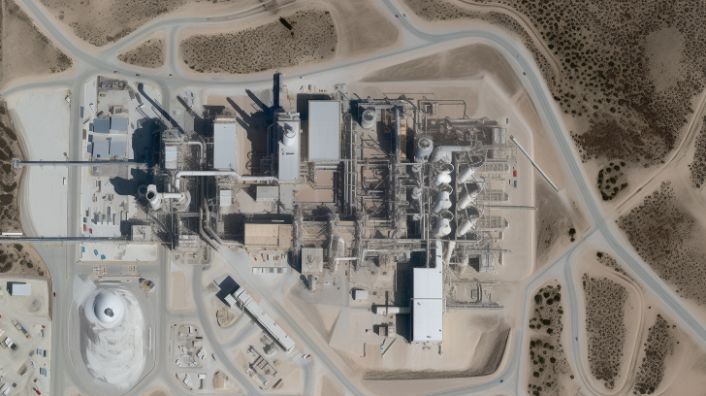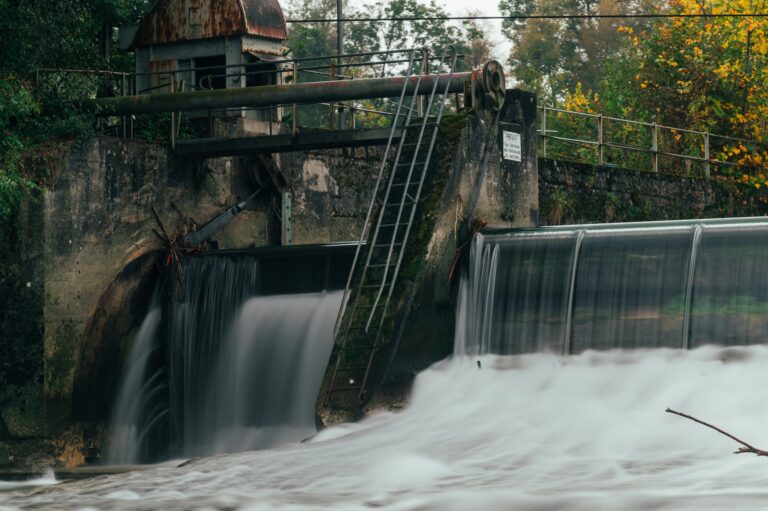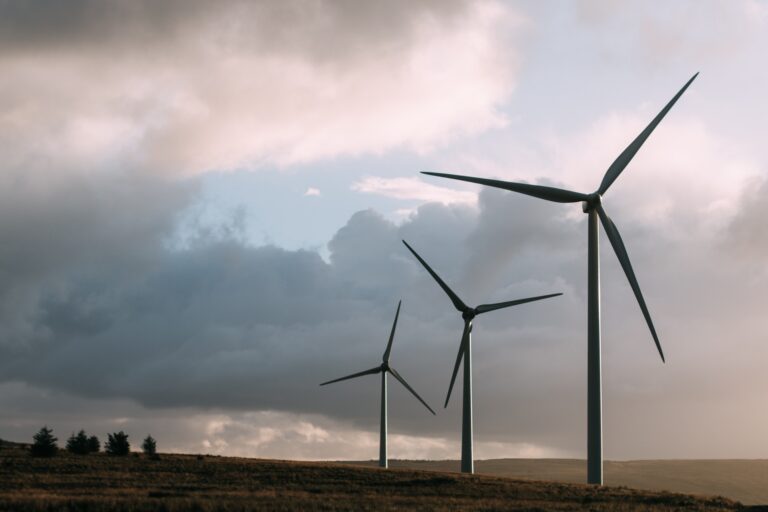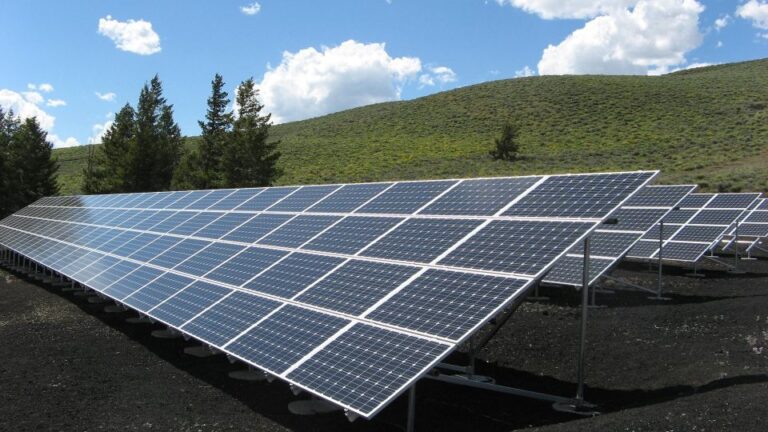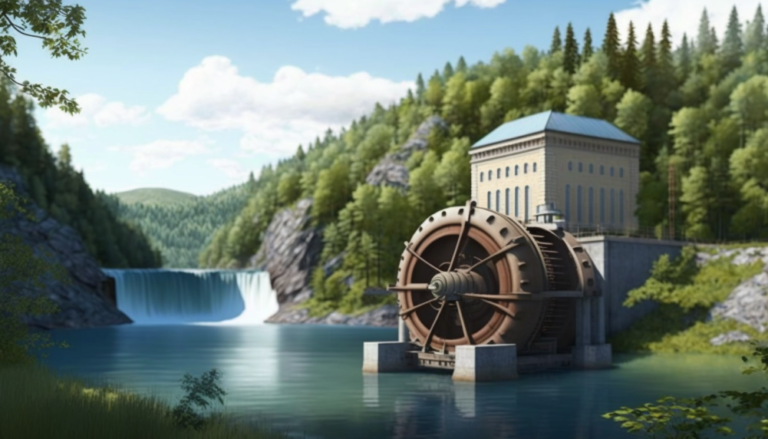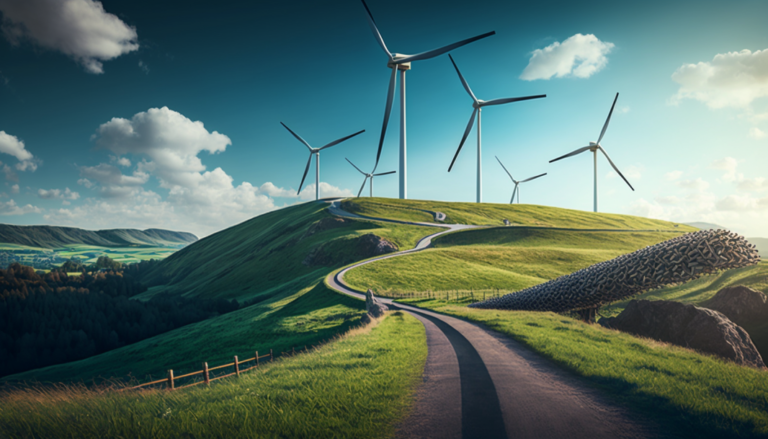The Environmental Benefits of Hydro Energy
Hydro energy offers a sustainable and clean alternative to fossil fuels, capable of significantly reducing greenhouse gas emissions and conserving water resources. By harnessing the power of moving water, it provides a reliable and renewable source of electricity, contributing to global efforts to combat climate change. Additionally, hydro energy systems can enhance disaster resilience by ensuring independent power supply during emergencies. However, careful consideration of environmental impacts, such as effects on aquatic ecosystems, is essential for sustainable implementation.
Table of Contents
As a sustainable energy source, hydro energy is gaining popularity. It generates energy by harnessing the force of moving water, making it a pure and sustainable option to fossil fuels. In this piece, we will look at the environmental advantages of hydro energy and how it can help to create a more sustainable future. Hydro energy creates no greenhouse gas pollution or atmospheric pollutants because it uses water as a fuel source, making it a pure and renewable energy source. Furthermore, hydro energy can help to decrease our dependence on nonrenewable energy sources like coal and gasoline, which have a major environmental effect.
What is Hydro Energy?
Hydro energy is a sustainable energy source that generates electricity by harnessing the force of moving water. It functions by converting the moving energy of water into mechanical energy, which is then converted into electrical energy by a generator.

Hydro energy systems are classified into three types: run-of-river, pumped storage, and tide power. Run-of-river systems produce energy by harnessing the natural movement of a waterway without the use of a dam. Pumped storage devices store water in a reservoir during low demand and release it to produce energy during high demand. Tidal power systems produce energy by utilizing the rise and decline of ocean tides.
Hydro energy is a pure and dependable form of energy that emits no greenhouse gases. It is also a versatile energy source that can be used to satisfy high demand. The building of hydro energy systems, on the other hand, can have environmental consequences, such as changing waterway habitats and influencing animal populations.
Reduced Greenhouse Gas Emissions
Hydro energy is a sustainable energy source that generates power without releasing greenhouse emissions into the atmosphere. This is due to the fact that hydroelectric power plants create electricity by utilizing the force of flowing water, such as rivers or cascades, to spin turbines, which produce electricity. This method avoids the use of fossil fuels, which are the main cause of greenhouse gas pollution.
The International Hydropower Association claims that hydropower can mitigate a substantial quantity of greenhouse gas pollution. According to the organization, hydro electricity can neutralize up to 4 billion tonnes of CO2 pollution per year. This is the equal of roughly 1 billion cars on the road.
Furthermore, hydro energy is a constant and dependable form of energy that can help decrease our reliance on fossil fuels. Hydro energy is expected to account for roughly 16% of global electricity production, making it one of the most important renewable energy sources.
Hydro energy has other environmental advantages in addition to lowering greenhouse gas pollution. For example, by decreasing the amount of sediment and nutrients in waterways and lakes, it can help decrease water pollution and enhance water purity.
Water Conservation
Water conservation is a critical problem that must be handled to guarantee long-term growth. The use of hydro electricity is one method of conserving water supplies. Hydro energy, in addition to being a clean and sustainable form of energy, can also help preserve water supplies.
Water consumption and waste can be reduced by designing hydro energy devices. Closed-loop mechanisms are one method for accomplishing this. Water is recycled and reused in a closed-loop system, decreasing the quantity of water required to produce energy. This not only saves water but also lowers the quantity of effluent produced by the hydro energy system.
Low-head hydro energy devices are another method to reduce water consumption and waste. Low-head hydro energy systems are intended to work with a low head of water, requiring less water to produce electricity. As a result, they are perfect for use in regions with limited water supplies.
Biodiversity Preservation
Hydro energy is a sustainable energy source that can aid in the preservation of wildlife. Hydro energy does not release greenhouse gases or pollutants that are harmful to the ecosystem because it generates power from the flow of water. This means that hydro energy can help decrease dependence on fossil fuels, which contribute significantly to climate change and ecological loss.

Furthermore, hydro electricity can aid in the preservation of aquatic environments. Hydro energy can avoid floods and droughts by controlling the movement of water, which can harm habitats and disturb the natural equilibrium of ecosystems. This can help preserve the variety of aquatic species that depend on steady water levels and temps, such as fish, amphibians, and invertebrates.
Hydro electricity, on the other hand, can have a detrimental effect on aquatic environments. Dams and lakes can change the natural flow of rivers and streams, affecting the migratory patterns of fish and other aquatic species. Furthermore, sediment and organic matter buildup in lakes can result in the emission of greenhouse gases such as methane, which can add to climate change.
To mitigate these negative effects, hydro energy plants must be designed and operated in an ecologically sustainable way. This can include steps like fish ladders, which enable fish to circumvent barriers and continue their migration, as well as the use of low-impact generators, which reduce water flow disturbance. Furthermore, reservoir management can be improved to decrease greenhouse gas emissions and the effect on aquatic environments.
Hydro Energy Systems: A Key to Disaster Resilience
Hydro energy systems have surfaced as a potential option for increasing community resistance to natural catastrophes. These devices use water’s power to produce energy, which can then be used to power essential infrastructure during an emergency.

The capacity of hydro energy systems to function independently of exterior power sources is one of their primary benefits. This means that even if the infrastructure breaks down during a catastrophe, hydro energy systems can keep hospitals, emergency centers, and other essential institutions powered.
Several instances show how efficient hydro energy systems are in catastrophe rehabilitation. In the wake of Hurricane Maria in Puerto Rico, for example, a hydroelectric facility in the city of Utuado supplied electricity to over 1,000 homes and companies. Similarly, during Japan’s 2011 earthquake and typhoon, hydro energy sources were critical in returning electricity to impacted regions.
Conclusion
To begin with, hydro energy is a pure and renewable energy source that emits no detrimental greenhouse emissions into the environment. As a result, it is an excellent substitute for fossil fuels, which are the main source of climate change.
Second, hydro energy is a dependable and cost-effective form of electricity that can satisfy the world’s growing energy needs. Hydro energy is believed to be capable of meeting up to 16% of the world’s electricity requirements.
Third, hydro energy has numerous environmental advantages, including reduced air pollution, conservation of water resources, and wildlife protection. It also has societal advantages, such as employment creation and improved local community livelihoods.
As a result, we must engage in hydro energy and other renewable energy sources to decrease our reliance on fossil fuels and alleviate the effects of climate change. Governments, businesses, and people must all work together to support the growth and use of hydropower and other renewable energy sources.

